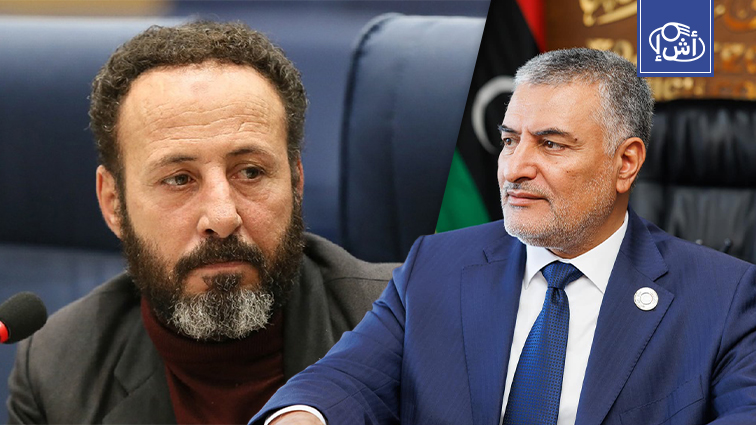A member of the Libyan House of Representatives, Abdel Moneim Al-Arfi, expressed his dissatisfaction with the actions of the Head of the State Council, Mohamed Takala, and accused him of being unique in making decisions and being openly biased towards the head of the outgoing Libyan government.
Al-Arfi indicated in press statements that Takala rejected the idea of holding a meeting under the auspices of the Arab League, which sparked an internal crisis.
Al-Arfi stated that Takala reduced the State Council to his person and became clearly inclined towards Dbeibeh, which led to disagreements between members of the Council who did not agree with his policy.
He also urged Takala to take positive steps towards forming an executive government and unifying Libyan institutions.
Al-Arfi stressed Morocco’s role as a neutral host for the Libyan dialogues, pointing to its history of hosting such meetings in Bouznika and elsewhere, making it the ideal place to facilitate negotiations between the Libyan parties.
Morocco played an important role in hosting the Libyan dialogues, as the Kingdom of Morocco hosted several rounds of dialogue between the Libyan parties. In 2021, a dialogue session was held from September 16 to 22 in Bouznika, Morocco, resulting in the “Bouznika Road Map,” which included specific steps for holding elections. Presidential and legislative sessions on December 24, 2021, and a second session of the same year was held from November 28 to December 2 in the same city but did not reach tangible results.
The year 2022 witnessed a meeting between January 23 to 28 in the city of Bouznika, Morocco, under the auspices of the United Nations, which focused on discussing the mechanisms for selecting presidential candidates, followed by another round from February 28 to March 4 that discussed the mechanisms for drafting the new Libyan constitution, and in 2023 a dialogue round of 27 was held. to March 30, under the auspices of the United Nations, which discussed mechanisms for unifying the legislative and executive institutions in Libya.
An additional $10 million for the investments in the Morocco-UK electricity connection project
